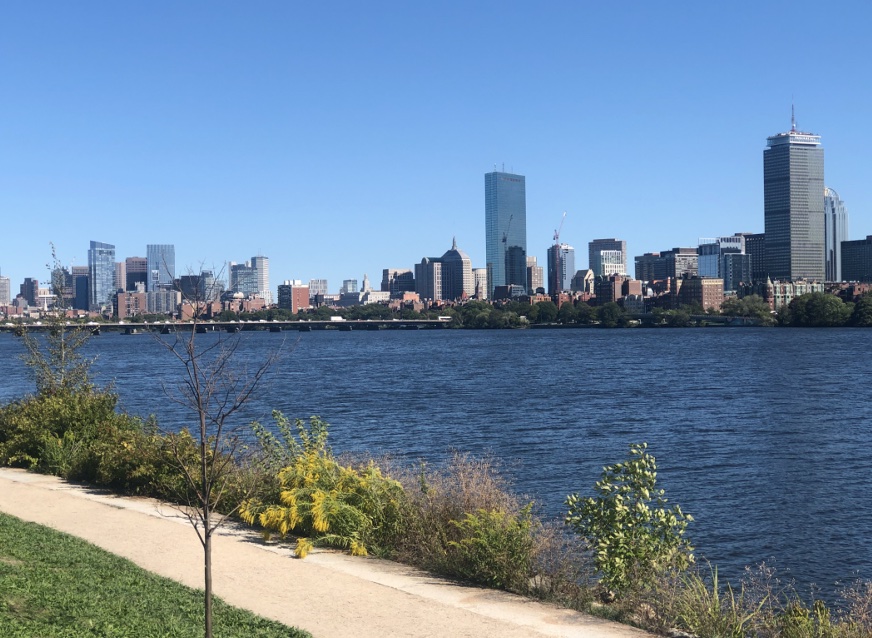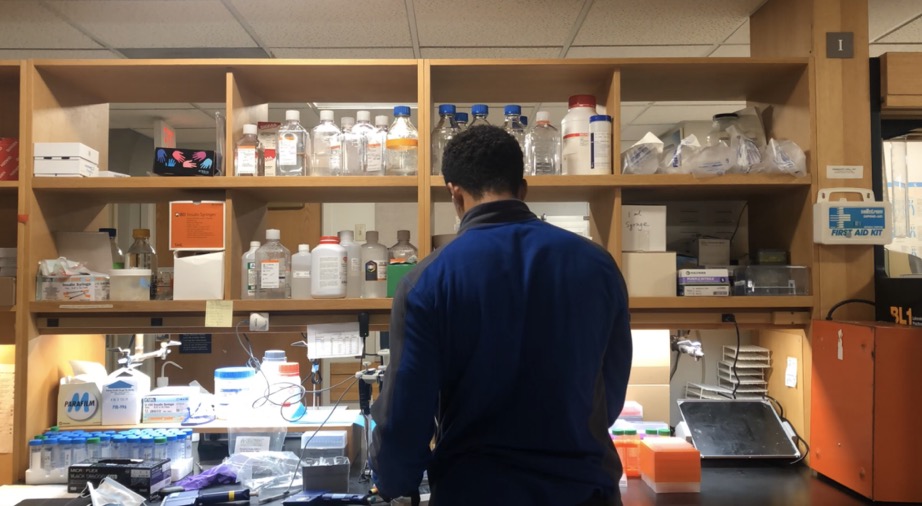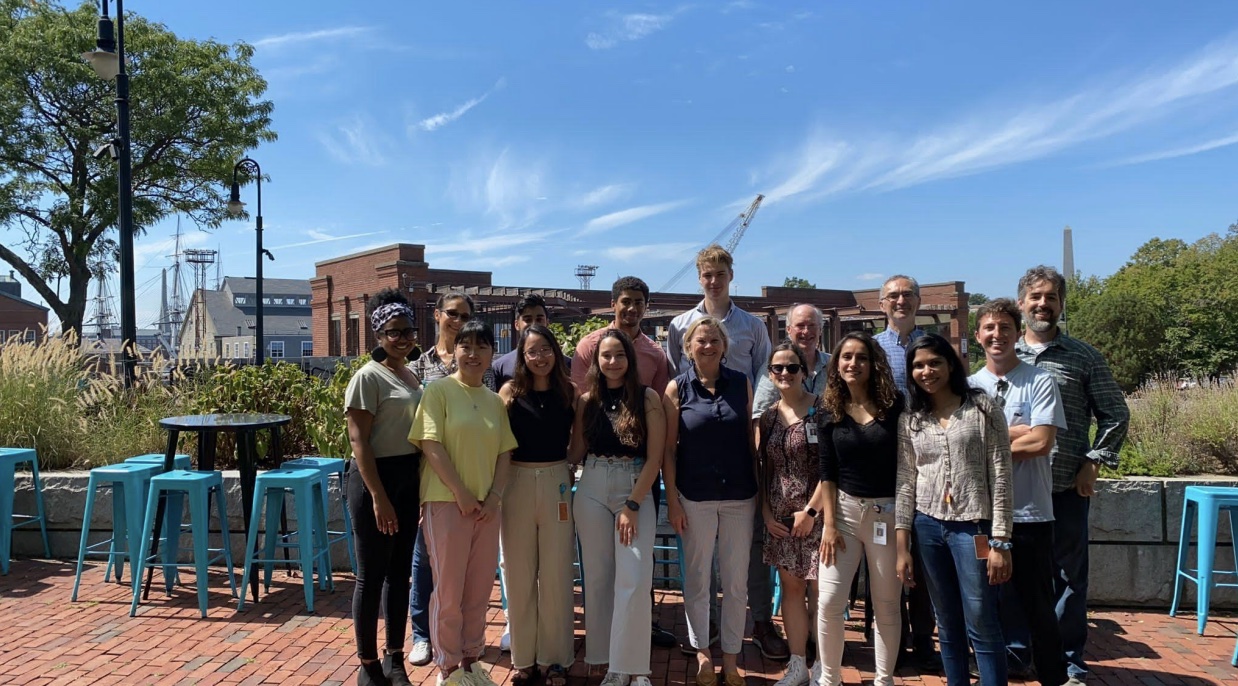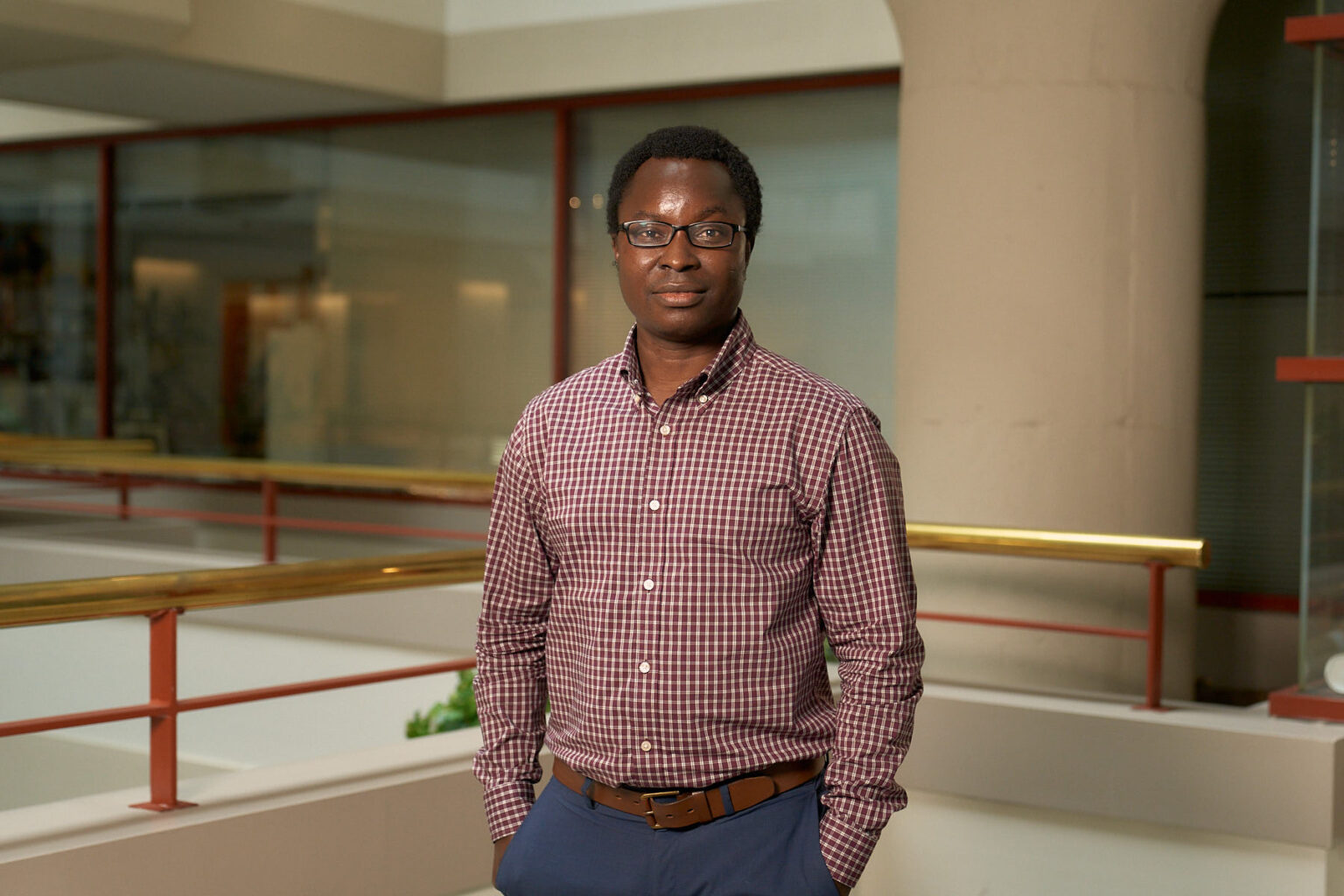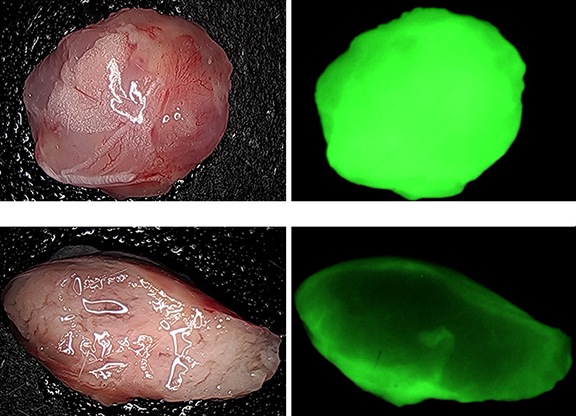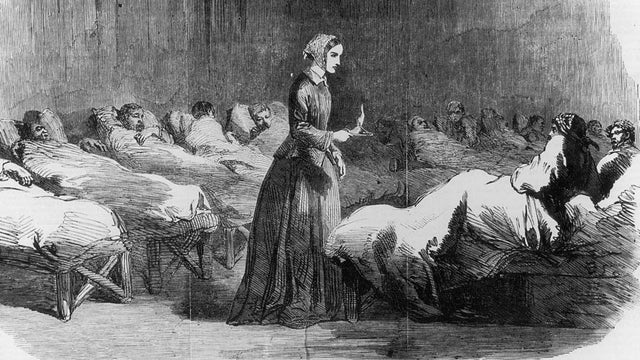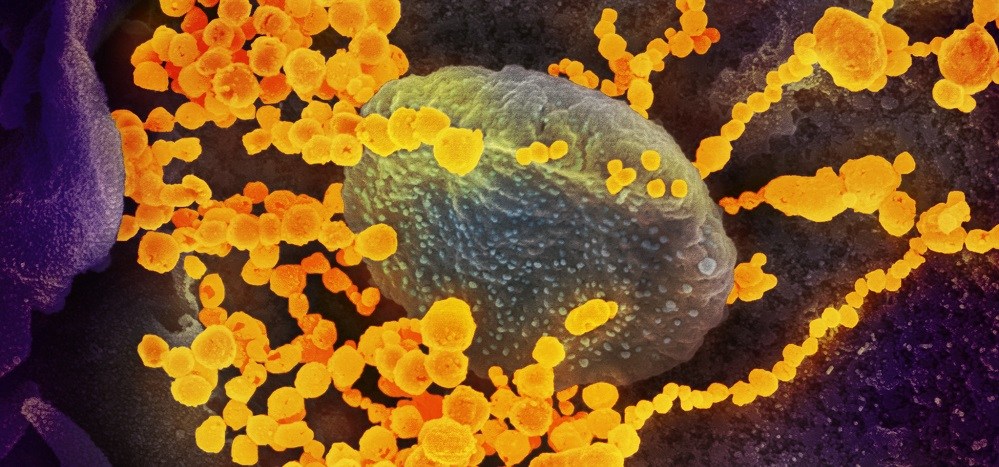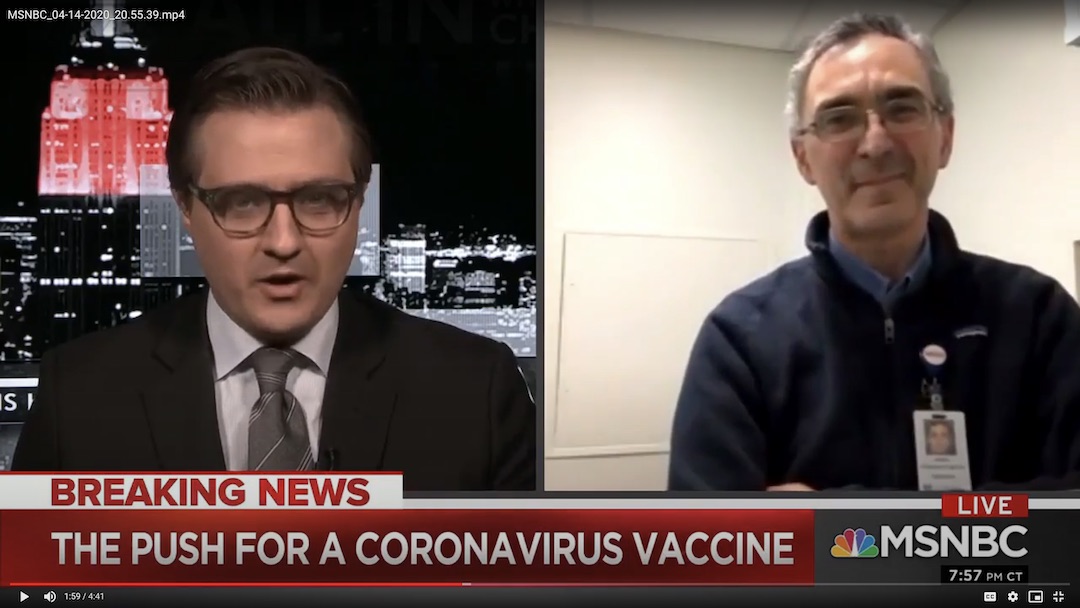This summer, I was fortunate enough to spend 11 weeks at the Vaccine and Immunotherapy Center (VIC) in Boston, immersing myself in immunology research. The VIC is directed by Professor Mark Poznansky, whose enthusiasm for science emanates around the lab. The placement was absolutely fantastic! From a research standpoint, the work seemed to be right on the cutting edge of immunology. The project I was working on centered around their self-assembling vaccine technology, mainly in the context of a therapeutic HPV vaccine. Specifically, I was testing whether using microneedle arrays was a viable method of vaccine administration, whilst also developing an in vitro assay for testing both this and other vaccines. We also theorized a new vaccine model based on some literature from a Chlamydia trachomatis vaccine trial at Hammersmith. Additionally, I got to go to the main MGH campus and see a few patients with Prof. Poznansky, which was very exciting as a medical student; the hospital was incredibly impressive. Beyond the science, the lab environment was very inspiring, with people from many different backgrounds working towards similar aims. Frequent lab events meant that I felt very welcomed from the start, and very involved by the end. For example, I was asked to arrange weekly seminars for the intern cohort, led by principal investigators of the various labs within the VIC. I was also afforded an in-depth insight into some of the technicalities of research, such as the grant writing process, as well as the possibility of having a mixed clinician / research role. The city of Boston itself had lots to offer in the downtime. Excellent public facilities and social venues provided a great cultural experience. Highlights included the famous Boston Freedom Trail, as well as eateries serving variations of the popular local hit, clam chowder. Furthermore, Boston is closely apposed to many important tourist destinations. This allowed me to travel to both Cape Cod and NYC on separate weekend trips, providing a more rounded cultural experience of the USA. In summary, the placement afforded me the opportunity of a lifetime, both academically and in terms of broader life experience, and for that I am incredibly grateful.
